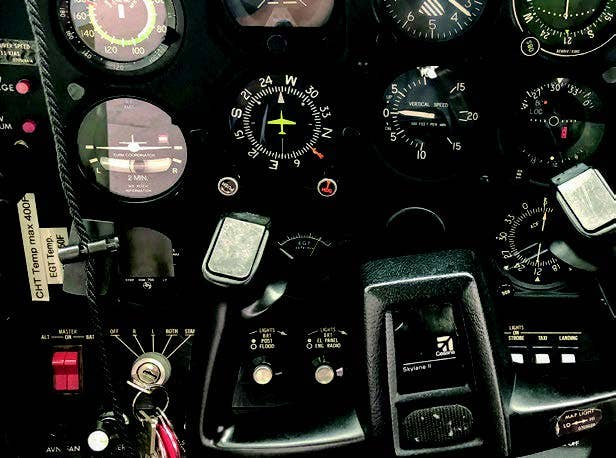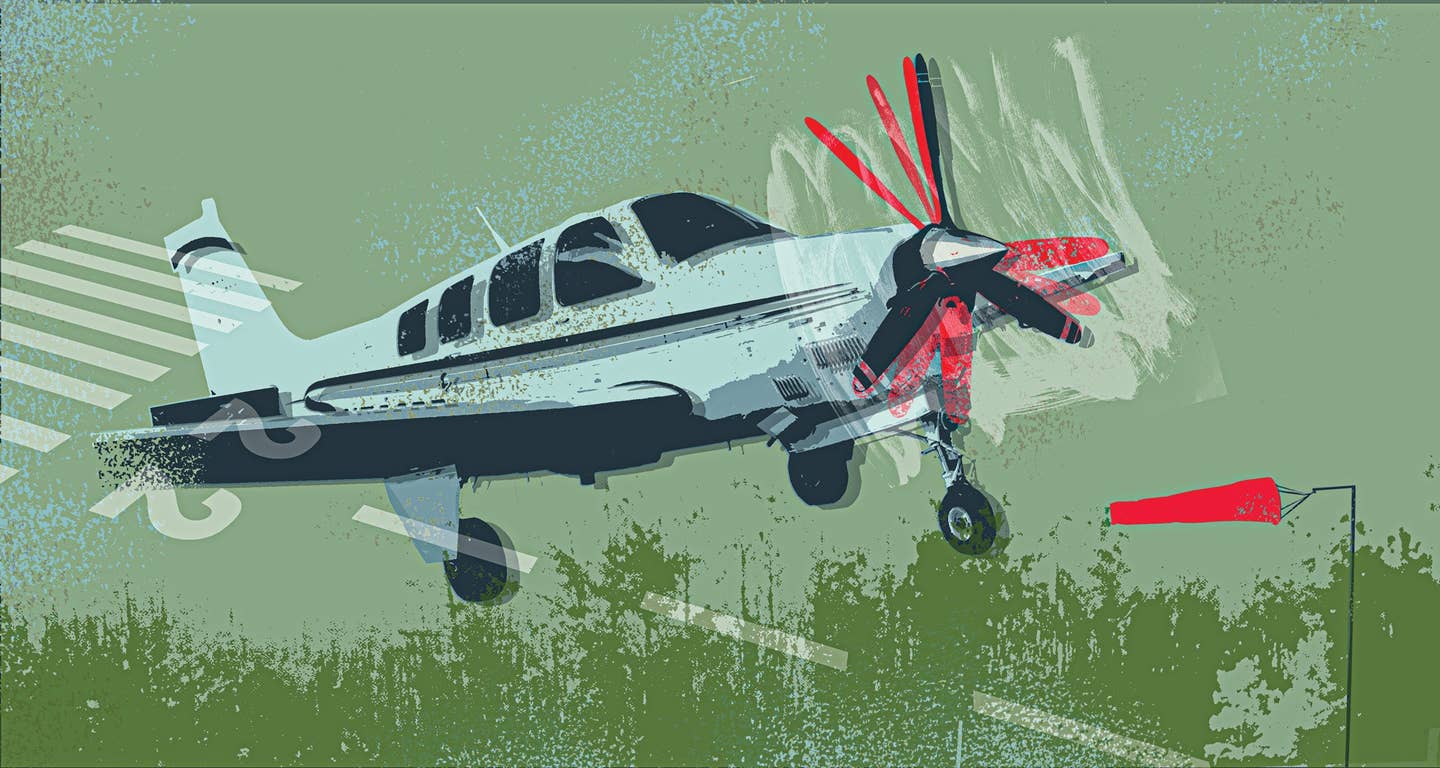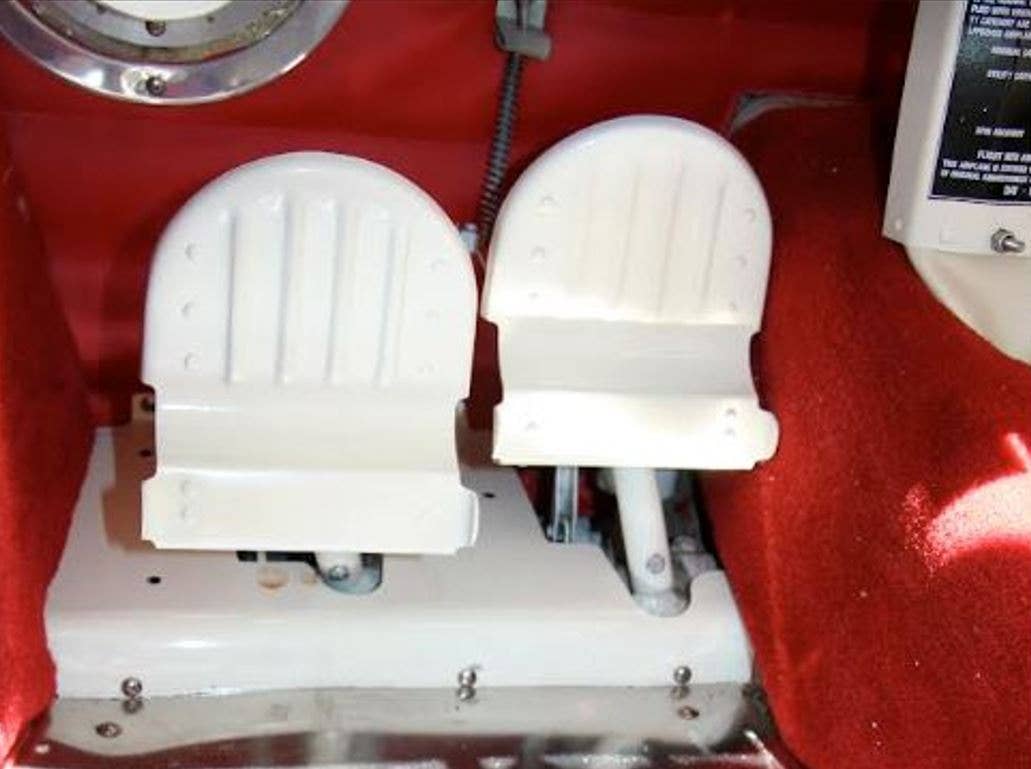
** Follow these tips for safe and smooth IFR flying.** Chris Gall
1. Fly with Discipline
Do things right and do them the same way. Use checklists. Develop habits. Brief the approach. Focus during high workload phases, and observe a sterile cockpit, even when solo, on departure and arrival.
2. Make Things Easy
Complex procedures, dicey weather, unfamiliar airplanes and new places all add to workload and complexity. Study up. Know the arrival approaches. Plan for the missed approach. File your return ahead of time. Do whatever you can to keep things going smoothly and easily.
3. Expect What's Next
Anticipate what the next controller will say to you. Get the ATIS well in advance. Have your charts ready. Load the approach ahead of time. Have your checklist pulled up before you start the descent. Have your frequencies pre-loaded. Stay at least one step ahead.
4. Breathe
When it comes to instrument flying, nerves are the enemy. They keep you from performing at your peak, and they make you forget to do even ordinary tasks, like lowering the gear. Breathe deeply. Focus on the task at hand. Remember that staying under control or getting back into control almost always takes just a breath or two.
5. Know the Phases
Thinking of flight in terms of phases makes the process easier to plan and mistakes harder to make. You're climbing. Gear up? Flaps up? Fuel flow set? It's the same with any part of the flight. If you change the phase, run a checklist.
6. Get Help
Assistance comes in many forms, whether it's having your right seat passenger hold a chart for you or asking the controller to repeat the clearance you only hope you got right. Ask for help. Don't understand a clearance? Ask for clarification. Getting it right is more important than sounding like you did. Sometimes getting help means getting a do-over. Break off the approach if the weather is too much. Divert if there are mechanical issues. Return to the airport in a sane and measured fashion if the door pops open. Being good sometimes means knowing when to say when.
7. Grade Your Flying
This one I learned from Richard Collins, and I use it every time I go flying. After I'm done I take a critical look at how I performed and grade myself accordingly. The idea isn't to make myself believe I'm perfect. I'm not. It's to be honest with myself about how I could have done better. Then I strive to do better the next time. After 15 years as an IFR pilot, I have yet to fly a perfect flight. But I keep trying.
For more IFR flying tips from Robert, check out his "Making the Transition to IFR."

Subscribe to Our Newsletter
Get the latest FLYING stories delivered directly to your inbox






